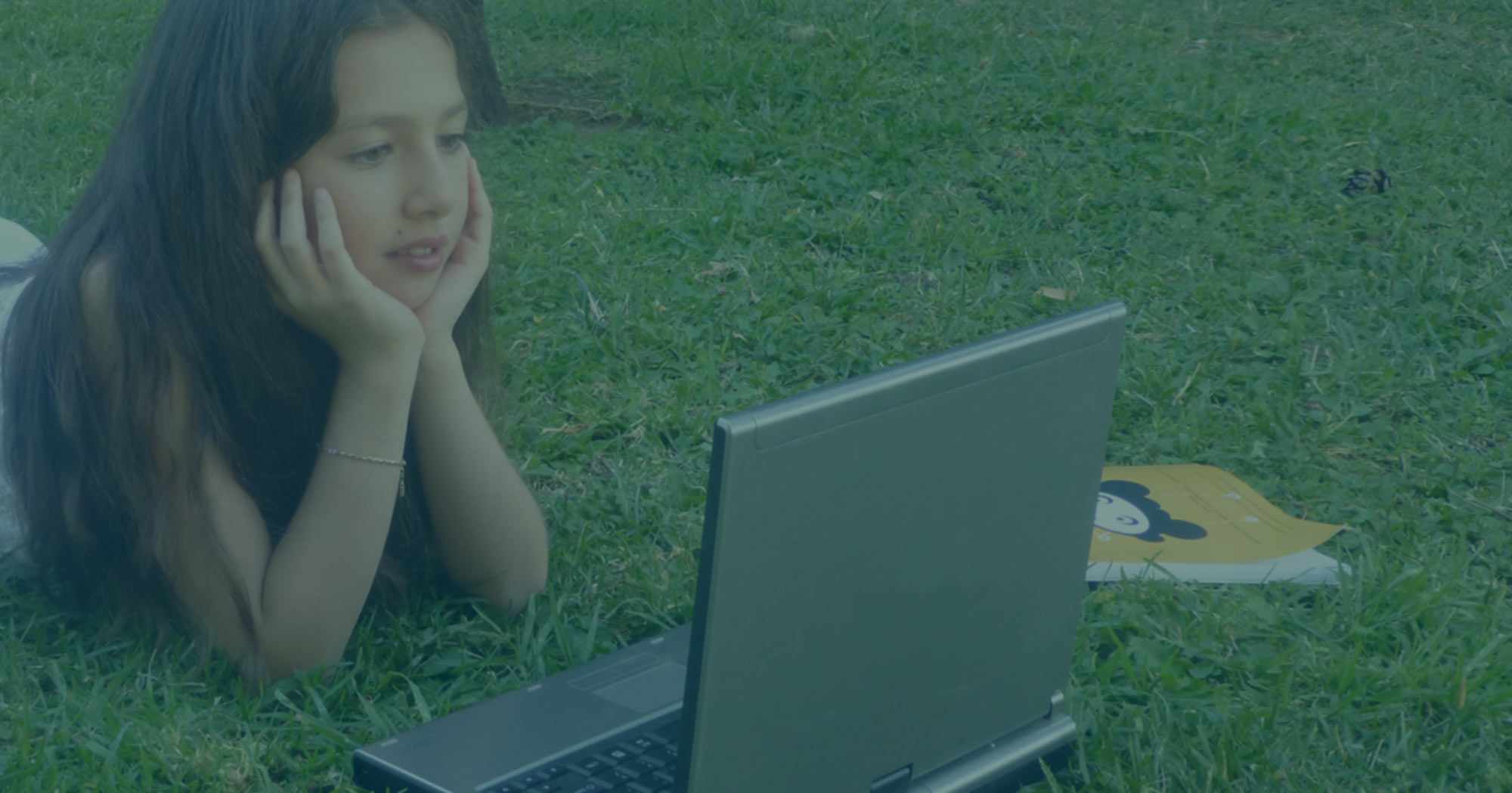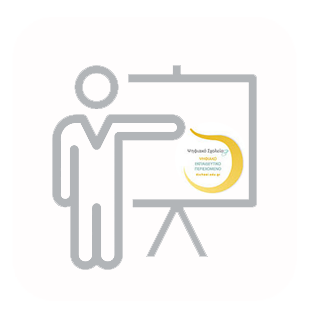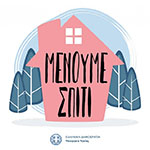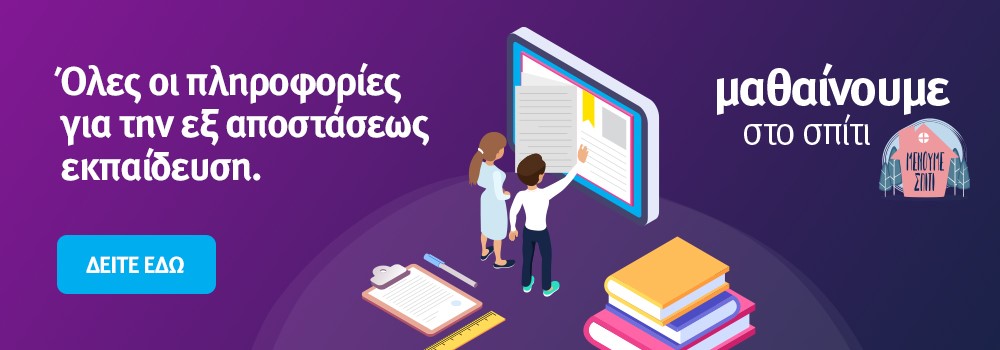Υπενθυμίζουμε ότι η μηδενική χρέωση μέσω κινητής τηλεφωνίας ισχύει για τις ιστοσελίδες που αναφέρονται στο
(δελτίο τύπου του ΥΠΑΙΘ), όπου περιλαμβάνονται τα Διαδραστικά Σχολικά Βιβλία ( e-books.edu.gr ), η κεντρική πύλη αναζήτησης ΦΩΤΟΔΕΝΤΡΟ ( photodentro.edu.gr ) και όλα τα Αποθετήρια Εκπαιδευτικών Πόρων Φωτόδεντρο ( photodentro.edu.gr/lor , photodentro.edu.gr/video , photodentro.edu.gr/edusoft , photodentro.edu.gr/ugc , photodentro.edu.gr/oep , photodentro.edu.gr/i-create ).
Η προβολή περιεχομένου που φιλοξενείται σε εξωτερικά αποθετήρια ή ιστοσελίδες εκτός των παραπάνω ή το άνοιγμα συνδέσμων που οδηγούν σε εξωτερικό περιεχόμενο δεν υπάγονται στη μηδενική χρέωση.

ΠΕΡΙΓΡΑΦΗ ΚΑΙ ΣΤΟΧΟΙ
Περιγραφη
 Ο σχεδιασμός του βιβλίου της Αγγλικής γλώσσας βασίστηκε σε βιώματα που έχουν παιδιά της ηλικίας σου και προτείνει τη συνεχή συνεργασία με τους συμμαθητές σου. Έτσι, στις ενότητες του βιβλίου θα βρεις δραστηριότητες που πρέπει να πραγματοποιηθούν στο πλαίσιο μιας ομάδας ή σε συνεργασία με κάποιο/α συμμαθητή/τριά σου, με σκοπό να επικοινωνήσετε με εργαλείο την Αγγλική γλώσσα. Θα χρειαστεί λοιπόν κάποιες φορές να διαβάσεις ένα κείμενο και να το σχολιάσεις με τους συνεργάτες σου ή, ακόμη, να γράψετε και να βελτιώσετε μαζί μια διαφήμιση, ένα γράμμα, να συνθέσετε ένα μήνυμα ηλεκτρονικού ταχυδρομείου, να πάρετε αποφάσεις για κάποιο ζήτημα κλπ.
Ο σχεδιασμός του βιβλίου της Αγγλικής γλώσσας βασίστηκε σε βιώματα που έχουν παιδιά της ηλικίας σου και προτείνει τη συνεχή συνεργασία με τους συμμαθητές σου. Έτσι, στις ενότητες του βιβλίου θα βρεις δραστηριότητες που πρέπει να πραγματοποιηθούν στο πλαίσιο μιας ομάδας ή σε συνεργασία με κάποιο/α συμμαθητή/τριά σου, με σκοπό να επικοινωνήσετε με εργαλείο την Αγγλική γλώσσα. Θα χρειαστεί λοιπόν κάποιες φορές να διαβάσεις ένα κείμενο και να το σχολιάσεις με τους συνεργάτες σου ή, ακόμη, να γράψετε και να βελτιώσετε μαζί μια διαφήμιση, ένα γράμμα, να συνθέσετε ένα μήνυμα ηλεκτρονικού ταχυδρομείου, να πάρετε αποφάσεις για κάποιο ζήτημα κλπ.
Αναλυτικο Προγραμμα
Στοχοι
Το βιβλίο που έχεις στα χέρια σου έχει στόχο να σε βοηθήσει να βελτιώσεις τις γνώσεις που έχεις ήδη αποκτήσει αλλά και να οικοδομήσεις νέες γνώσεις όχι μόνο για τη γλώσσα αλλά και για τον κόσμο γύρω σου. Γι’ αυτό η συγγραφή του βιβλίου στηρίχτηκε όχι μόνο στους γραμματικούς κανόνες και τις λεξιλογικές ασκήσεις αλλά και σε γνώσεις που έχεις ή που αποκτάς μέσα από όλα τα μαθήματα του σχολικού προγράμματος. Άλλωστε, όπως έχεις κιόλας συνειδητοποιήσει, δεν μαθαίνουμε απλά απομνημονεύοντας και επαναλαμβάνοντας μηχανικά, αλλά κατανοώντας και αναλύοντας τις πληροφορίες που παίρνουμε με κάποιον τρόπο από το περιβάλλον μας μέσω της Αγγλικής γλώσσας. Επιπλέον, επειδή δεν μαθαίνουμε μόνο όταν βρισκόμαστε στο σπίτι, στο σχολείο ή σε κάποια βιβλιοθήκη μόνοι μας, αλλά και όταν συνεργαζόμαστε σε ομάδες, με άλλα άτομα με τα οποία μοιραζόμαστε κοινά ενδιαφέροντα, κοινούς μαθησιακούς στόχους, το βιβλίο περιέχει πολλές ομαδικές δραστηριότητες.
ΠΕΡΙΓΡΑΦΗ ΚΑΙ ΣΤΟΧΟΙ ΑΝΑ ΕΝΟΤΗΤΑ ΜΑΘΗΜΑΤΟΣ
Unit 1. Our Multicultural Class

We are here to:
- READ maps and do a geography quiz, reports about countries, landforms and nationalities
- TALK about countries and their culture, school subjects and every day activities
- LISTEN TO pupils talking about school projects
- WRITE reports about countries and people’s everyday activities
- LEARN how to use the Present Simple and the Present Continuous tense
Unit 2. Going shopping
 We are here to:
We are here to:
- READ a supermarket flyer, a shopping list, a school canteen menu, a receipt, an internet site
- TALK about shopping goods and their prices
- LISTEN TO people talking in supermarkets and department stores
- WRITE shopping lists and on-line orders
- LEARN about countable and uncountable nouns and how to use a/an, some/any, a few/few, a little/ little, how much, how many
Unit 3. Imaginary creatures

We are here to:
- READ an acrostic poem, about monsters and creatures, and a literature extract (a play)
- TALK about similarities and differences of monsters/creatures, people's appearance and personality, and act out a scene of a play
- LISTEN TO a ghost story
- WRITE the appearance/personality /skills of monsters, creatures or people
- LEARN about the comparisons of adjectives and adverbs, and opposite adjectives
Unit 4. The history of the aeroplane

We are here to:
- READ biographies of inventors, an e-mail and attached files and a poem about the “Fall of Icarus”
- TALK about Deadalus and Icarus and a painting
- LISTEN TO the myth of Deadalus and Icarus and a dialogue about an incident during a flight
- WRITE a biography and a poem
- LEARN about the technology of aeroplanes and how to use Simple Past, Past Continuous and linking words
Unit 5. Travelling through time

We are here to:
- READ a questionnaire / a diary / the lyrics of a song / a museum leaflet
- TALK about memories of the past / past habits / photos of the past
- LISTEN TO a song / a museum guide / a recorded message with museum information
- WRITE an informal letter
- LEARN about how to ask for information or directions / how to give information or directions / how to talk about past habits with used to … / about the public transport system in London
Unit 6. Me, myself and my future job

We are here to:
- READ job profiles, job advertisements, safety rules in a working environment, and a job interview questionnaire
- TALK about skills/abilities, interests, personal traits, future careers, a job interview
- LISTEN TO professionals while they are working and
- WRITE new year resolutions, safety rules, job profiles
- LEARN about the use of modals (can, may, should) expressing ability, possibility, permission and advice, the use of Future in predictions, promises, warnings, requests, offers, decision on the spot and the use of going to expressing intention or something pre-arranged.
Unit 7. Share your experiences

We are here to:
- READ a questionnaire / newspaper extracts / a poster
- TALK about swimming styles / theatre shows / world and Olympic records / past experiences
- LISTEN TO a radio programme
- WRITE a report about a Paralympics Champion / a page of the class book of records / about your personal records
- LEARN about the World Book of Records and famous record holders / how to set a class record / how to play BINGO / how to protect the environment / about past experiences and activities connected to the present
Unit 8. Blow your own trumpet

We are here to:
- READ a music festival leaflet / a magazine article about pocket money
- TALK about musical instruments / festivals / money / personal safety
- LISTEN TO different musical instruments / a song about money / people talking about what they would spend their money on
- WRITE an e-mail about a museum of musical instruments / a letter to a magazine advice page
- LEARN how to express something likely to happen now or in the future / how to express something impossible or unlikely to happen now or in future / how to give advice
Unit 9. Earth Day everyday

We are here to:
- READ a questionnaire, an earth day story and a play about pollutants
- TALK about pollution, endangered species and protection of the environment
- LISTEN TO a presentation about endangered species in an environmental centre
- WRITE emails about environmental problems and a poster
- LEARN about how to describe activities that happened before another action in the past, how to explain why something happens and how to express the result of an action or a situation.
Unit 10. Time for fun

We are here to:
- READ a questionnaire, an article about James Bond, signs and notices, film reviews
- TALK about films and books
- LISTEN TO a dialogue about films
- WRITE an e-mail about a book, a poster, signs and notices, a film review
- LEARN how to express suggestions, how to emphasise the action rather than the doer.















